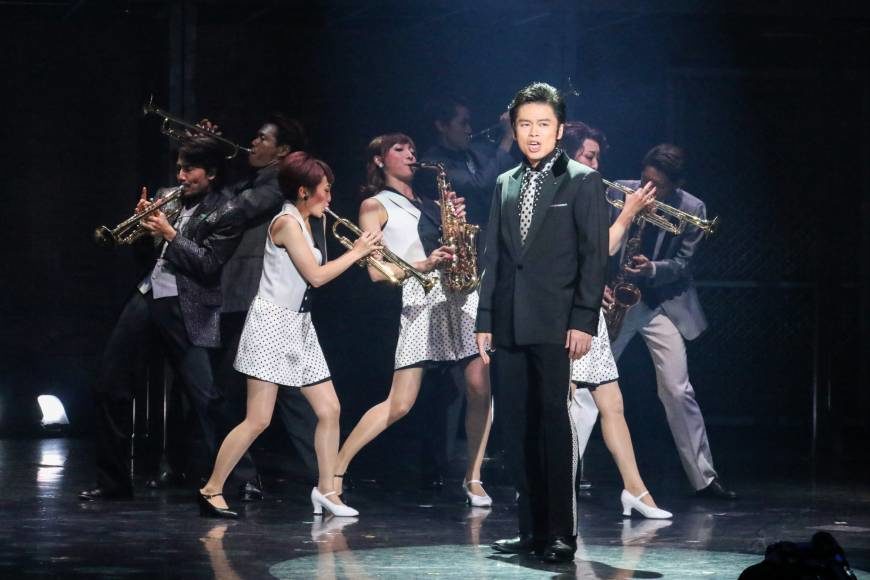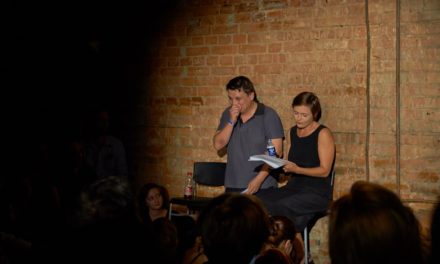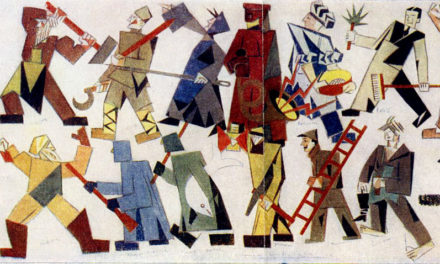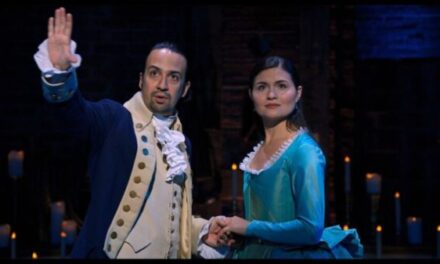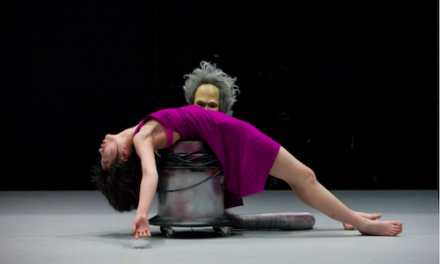Nothing sounds quite like the early 1960s more than the vocals of Frankie Valli. As lead singer of The Four Seasons, his falsetto remains an unmistakable part of classic tunes such as Sherry and Big Girls Don’t Cry, though it’s also his remarkable voice, in a lower register, behind hits like Can’t Take My Eyes Off You.
At 84, Valli is still performing with his band (or variations of it, at least), so it was only natural that the story of a career like his—from a gritty start in New Jersey to chart-topping stardom—would eventually find its way to stage and screen.
That tribute has come in the form of Jersey Boys, a Tony-winning jukebox musical on Broadway in 2006 that was made into a film by Clint Eastwood in 2014.
A smaller wave of “Valli fever” hit this country in 2016 when an all-Japanese cast took to the stage of Tokyo’s Theatre Creation in a production helmed by Shuntaro Fujita. Its monthlong sold-out run helped spur a boom in musicals here, and Fujita’s Jersey Boys nabbed the best production award at the Yomiuri Drama Awards, the first time in the awards’ 24-year history a musical was able to achieve such a feat. So it’s hardly surprising that the show will see its second run in Tokyo this month, with an extensive tour that will take in six prefectures from Akita to Fukuoka. Fujita will direct, and Akinori Nakagawa will play Valli.
Japan’s Jersey Boys is based on the writings of Marshall Brickman and Rick Elice, who traced The Four Seasons’ rise to fame—and their subsequent conflicts—from each member’s perspective. While the roles of group members Tommy DeVito, Bob Gaudio, and Nick Massi will be taken by several actors for the 50 scheduled performances, Nakagawa will play Valli in all of them. At first glance it would seem that the producers at Toho Entertainment are putting the 35-year-old actor through his paces, but the star tells The Japan Times that only an actor who has been authorized by Gaudio, who produced the original American version of the play, can assume the lead part—and Nakagawa is the anointed one in Japan.
“I had special training to master the twang, which is a specific feature of Valli’s singing,” says the Sendai native, who played Valli for the 2016 shows also. “However, I actually use the twang, falsetto and my natural voice depending on the song, Valli’s age and the feelings at that point in the storyline.”
That means Nakagawa can re-create a sizeable swath of Valli’s life through song.
“I think that’s one of the wonderful things about both musicals and opera,” he says.
Nakagawa has been a key personality in Japan’s musical scene ever since his theatrical debut in the title role of the Austrian play Mozart!, which premiered in Japan in 2002. The performance won Nakagawa the best newcomer prize at that year’s Yomiuri Drama Awards even though the genre was then still a niche entertainment form here.
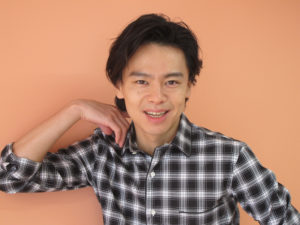
Akinori Nakagawa. Photo from the original article.
How does a kid from Sendai fall in love with musicals when even crowds in Tokyo aren’t paying attention? He credits his mother.
“Thanks to her, we—my brother, sister and I—listened to all sorts of music at home all the time, and I started learning piano from an early age so I could be a singer-songwriter,” Nakagawa says. “I started to write music when I was 9 years old.”
This budding talent helped him stand out in his hometown, and at the age of 18 he was asked to record one of his songs, a romantic pop tune titled I Will Get Your Kiss, for a top music company in Tokyo.
It was selected to be the theme song for the 2001 TV drama Maria, which became a big hit. And Nakagawa followed it up with another success, I Say Good-bye. That helped him build a following, which led to him being offered the role in Mozart!
“Nowadays there are probably a lot of young actors who’d like to be in a musical, but back in 2002 it wasn’t a great choice for musicians,” Nakagawa says. “My record company was not very pleased.”
At the time, though, the young actor was more focused on long-term satisfaction.
“I thought (the role in Mozart!) would provide a positive boost to my future career as a musician because I was so amazed when my mother took me to shows like Miss Saigon, and I remembered her telling me, ‘Great singers sing songs like an actor can speak their lines.’ That became—and remains—a professional goal of mine as a singer, and when the Mozart! offer came around I really wanted to sing on stage while telling a story. On top of that, I’ve always wanted to write a musical—and that’s still at the top of my to-do list.”
Nakagawa has also appeared in straight plays and worked with top Japanese directors such as Koki Mitani and the late Yukio Ninagawa. All in all, the decision to take the role in Mozart! seems to have been a good one.
“Since my early 30s I’ve worked virtually nonstop doing different shows one after another, and I can see myself continuing like that for around another five years,” he says. “Or I’d happily play Frankie Valli for a few years before making way for the next guy. However, I do want to control my career path so I’m ready for the next stage. This is a big ‘if,’ for example, but if I was asked to join another country’s Jersey Boys team, I’d want to be ready to take up that offer.
With that example, Nakagawa alludes to the idea that today’s Japanese actors aren’t as certain to stay in this country as they previously were, with moves to internationalize growing steadily in the world of theater.
“I feel that we—our generation of Japanese, including this show’s director, Fujita—are ready to move beyond our forerunners’ great contributions and break new ground for those who follow.”
When it comes to longevity, perhaps Nakagawa will end up following Valli’s footsteps in more ways than one.
This article was originally published in The Japan Times on September 13, 2018, and has been reposted with permission.
This post was written by the author in their personal capacity.The opinions expressed in this article are the author’s own and do not reflect the view of The Theatre Times, their staff or collaborators.
This post was written by Nobuko Tanaka.
The views expressed here belong to the author and do not necessarily reflect our views and opinions.

